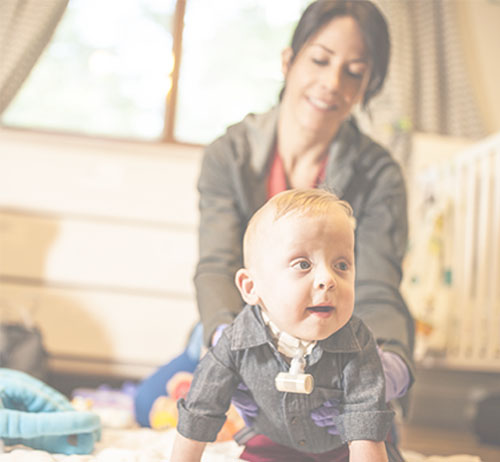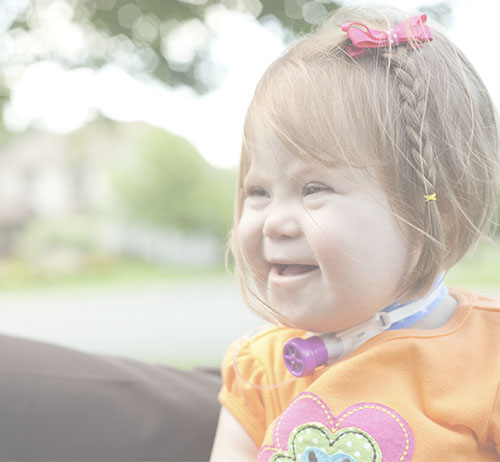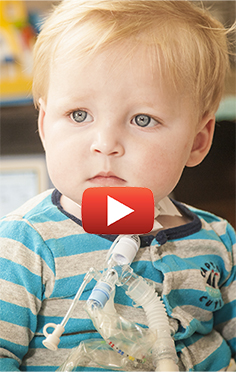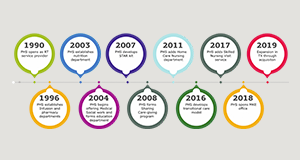Pediatric Complex Home Care – an individual category. Because Medicare policy should not define care for all.
Protect our most vulnerable citizens. Support a Pediatric Complex Care designation bill.
Our goal is to create a designation that recognizes children with medical complexities as a special population and addresses the unique characteristics of organizations that care for them. Because children with medical complexities vary greatly from adults on Medicare, legislation should recognize these differences by creating healthcare models that provide the right interventions and the right support, ensuring resources are applied appropriately to benefit patient care.










